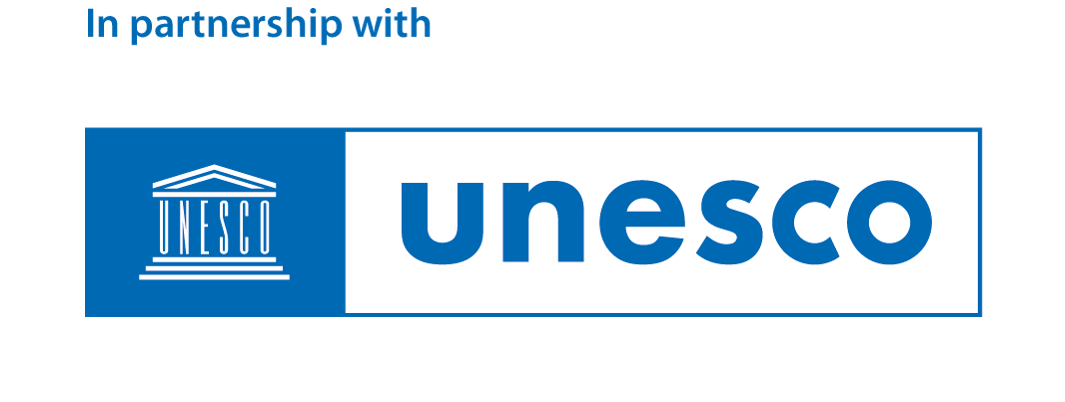On Saturday, December 16, 2023, as a place to foster the aspiration towards SDGs, GiFT held the “Educators’ Summit for SDG 4.7 – For fostering our Global Citizenship” at the Global Plaza of Sacred Heart Women’s University. This year, we received the collaboration of UNESCO Bangkok Office, and we were honored to welcome Dr. Faryal Khan, Program Specialist at the UNESCO Asia-Pacific Regional Bureau for Education, to speak about the revisions. Below is a report of this year’s event.
About
About Educators’ Summit for SDG4.7
“Mapping the Future of Learning – A New Path from the 1974 Recommendation”
The Educators’ Summit for SDG4.7 has been held since 2017 as a platform to foster a commitment towards the Sustainable Development Goals (SDGs). The theme of this event was “Mapping the Future of Learning – A New Path from the 1974 Recommendation”.
The “1974 Recommendation” refers to the Recommendation on Education for International Understanding, Co-operation and Peace and Education Relating to Human Rights and Fundamental Freedoms adopted by UNESCO (United Nations Educational, Scientific and Cultural Organization) in 1974 (commonly known as the “74 Recommendation”). For about 50 years since the Recommendation in 1974, various concepts and policies in education have served as the foundation for global perspectives and international solidarity in the education policies of various countries.
Due to significant changes in the global society in recent years, this Recommendation has been revised for the first time in about 50 years under the name ” The Recommendation on education for peace and human rights, international understanding, cooperation, fundamental freedoms, global citizenship and sustainable development” (at the 42th UNESCO General Conference in November 2023). It includes perspectives relevant to the times, such as “climate change and environmental sustainability,” “gender equality,” “media and information literacy,” “lifelong learning,” and “non-formal and informal education,” and is expected to serve as a guideline for education in various countries in the future.
<Draft of the revised 1974 Recommendation>
On the day of the event, in addition to three educators who are actively engaged in various fields, we invited Dr. Faryal Khan, Program Specialist at UNESCO Regional Office in Bangkok, who plays an important contribution in the revision of the “1974 Recommendation.”
GiFT believes this revision concerns everyone involved in education, including school education. Based on the central perspectives, ideologies, and keywords that form the axis of education, what direction should education take in the future, and what should be prioritized? By connecting with the practices that each individual has been implementing, what significance lies in continuing these practices, and what new challenges can be undertaken? Starting from this event, we hope to continue thinking together with everyone and co-creating the future.
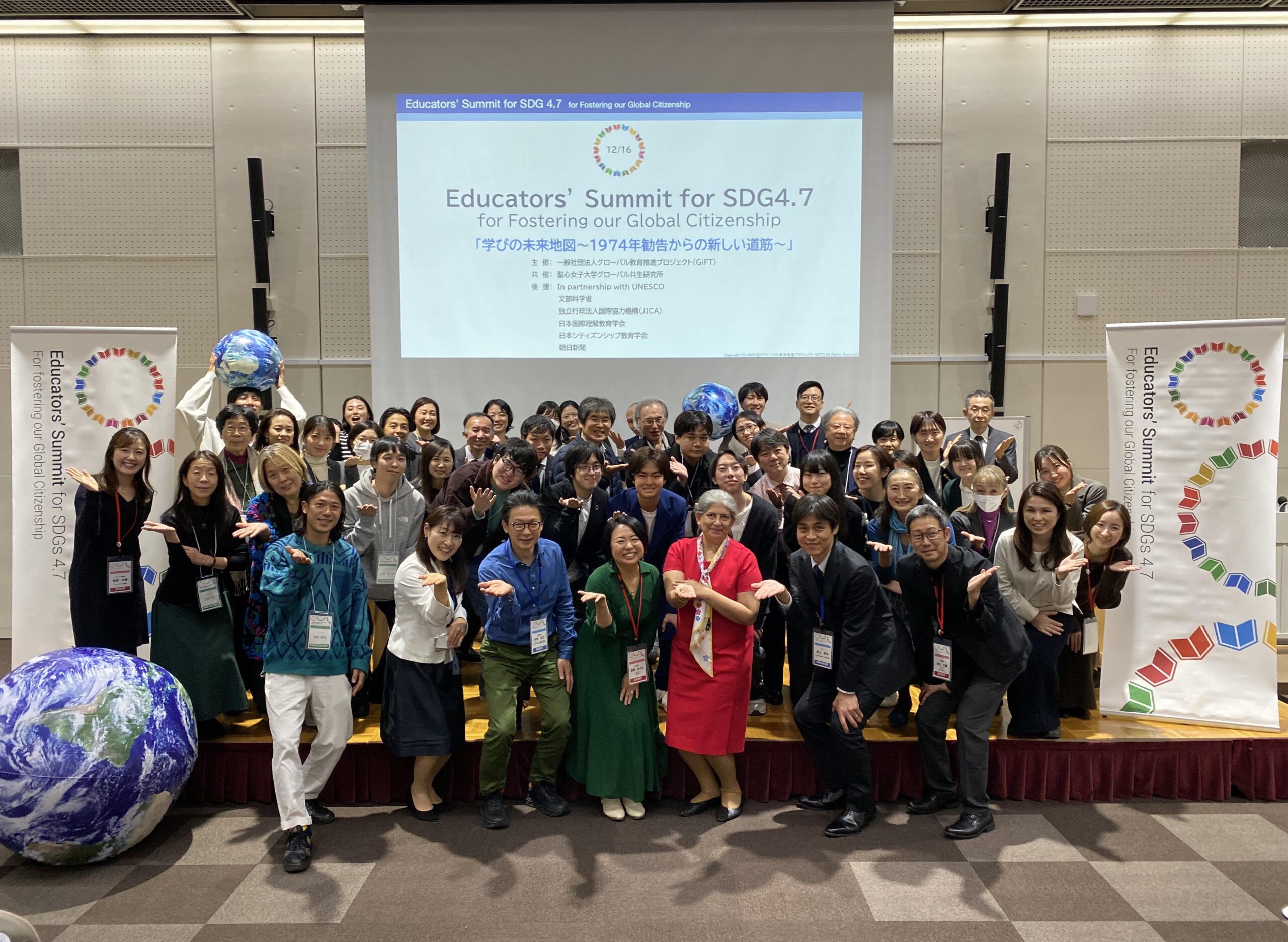
What is SDG4.7?
By 2030 ensure all learners acquire knowledge and skills needed to promote sustainable development, including among others through education for sustainable development and sustainable lifestyles, human rights, gender equality, promotion of a culture of peace and non-violence, global citizenship, and appreciation of cultural diversity and of culture’s contribution to sustainable development
Program
On the day of the event, there was a partial simultaneous interpretation (Japanese to English and English to Japanese) provided.
-
-
-
13:40
Opening
-
14:00
Opening remarks, Icebreaker, and Purpose explanation
Ms. Madoka Tatsuno CEO/Founder, Global Incubation x Fostering Talents (GiFT)Profile
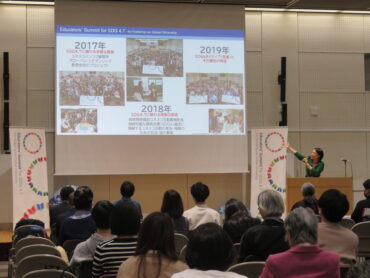
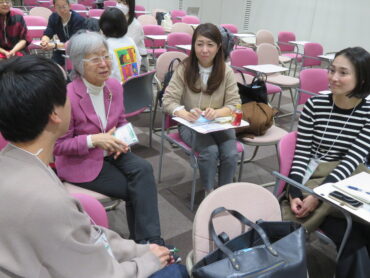
Despite winter season in December, an unusually warm day welcomed a large number of participants to the Britt Memorial Hall at the Sacred Heart Global Plaza, Sacred Heart Women’s University. At the opening, Ms. Tatsuno, CEO/Founder of GiFT, shared insights about Educators’ Summit, along with the theme of the event, “Mapping the Future of Learning – A New Path from the 1974 Recommendation,” and SDG 4.7.
Following this, participants engaged in dialogues within small groups to share their reasons for attending etc. This interactive session marked the beginning of the event.
Madoka Tatsuno
CEO/Founder Global Incubation x Fostering Talents Madoka became aware of the power of global education through an overseas experience when she was 17 years old. She has visited more than 100 cities around the world during her university life and experienced Global Citizenship Education through various programs. After working in a coaching firm, Madoka obtained her Master’s degree in Intercultural Service, Leadership, and Management. She then moved on to implement Global Education programs in diverse places around the world as the Global Education Coordinator at an educational NPO in the United States, working with multi-national teams. Later, she took up a position as Chief Manager of Course Discussions in “The Ship for World Youth Program” organized by the Cabinet Office of Japan. Madoka founded GiFT at the end of 2012, aiming to promote Global Citizenship Education and create new values from diversity. Currently, she provides training sessions, speeches, and other opportunities for Global Citizenship Education, such as overseas training programs in 10 different countries for secondary schools, universities, and enterprises, as well as teacher training with JICA (Japan International Cooperation Agency).
Madoka became aware of the power of global education through an overseas experience when she was 17 years old. She has visited more than 100 cities around the world during her university life and experienced Global Citizenship Education through various programs. After working in a coaching firm, Madoka obtained her Master’s degree in Intercultural Service, Leadership, and Management. She then moved on to implement Global Education programs in diverse places around the world as the Global Education Coordinator at an educational NPO in the United States, working with multi-national teams. Later, she took up a position as Chief Manager of Course Discussions in “The Ship for World Youth Program” organized by the Cabinet Office of Japan. Madoka founded GiFT at the end of 2012, aiming to promote Global Citizenship Education and create new values from diversity. Currently, she provides training sessions, speeches, and other opportunities for Global Citizenship Education, such as overseas training programs in 10 different countries for secondary schools, universities, and enterprises, as well as teacher training with JICA (Japan International Cooperation Agency).
2016 – Present: Affiliated Professor, Faculty of Food and Nutritional Sciences, Toyo University
2015 – 2019: Committee member of ESD RoundtableMessage from Sacred Heart Institute for Sustainable Futures
Mr. Yoshiyuki Nagata
Deputy Director of Sacred Heart Institute for Sustainable Futures, University of the Sacred Heart, Tokyo
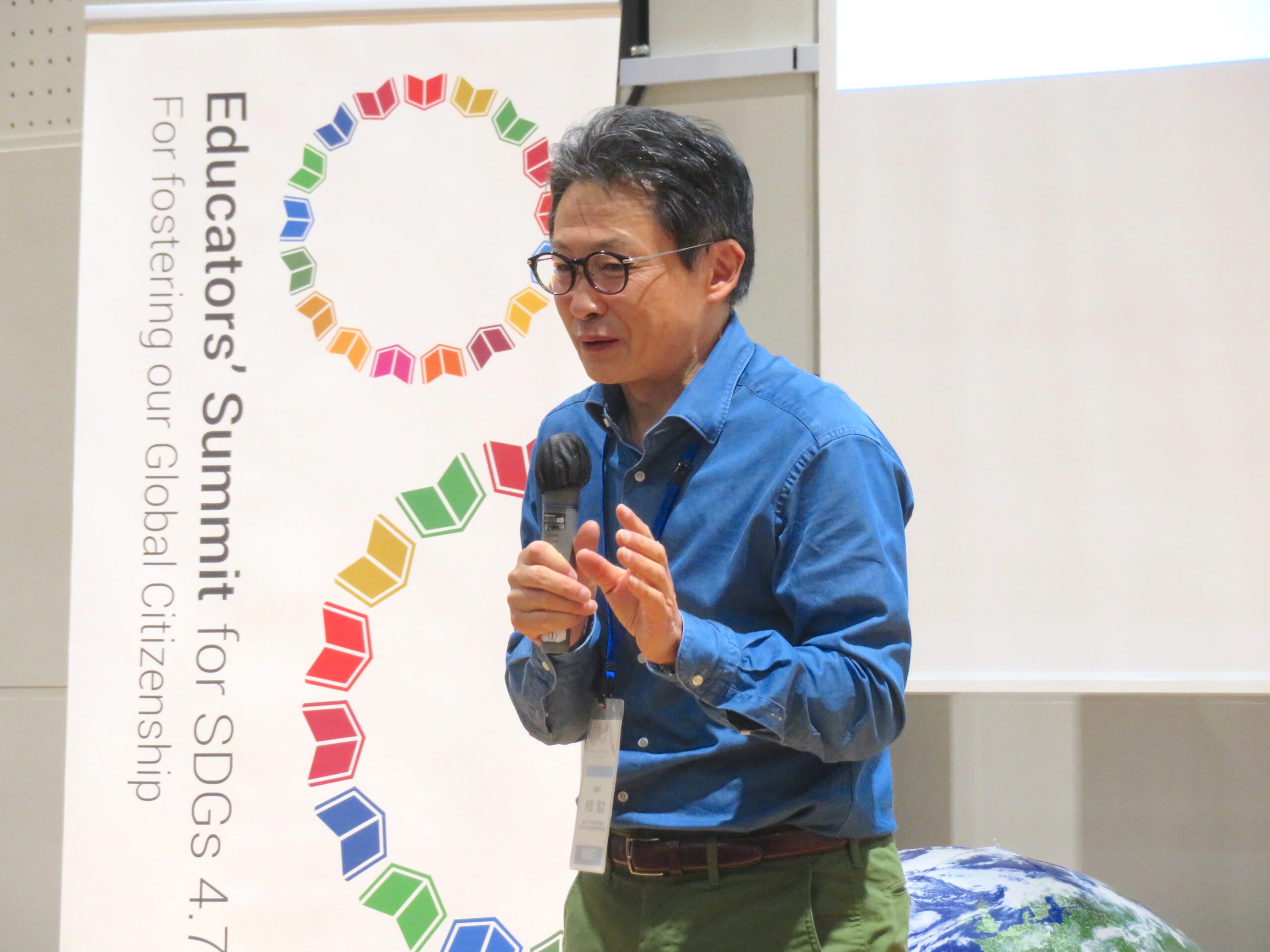
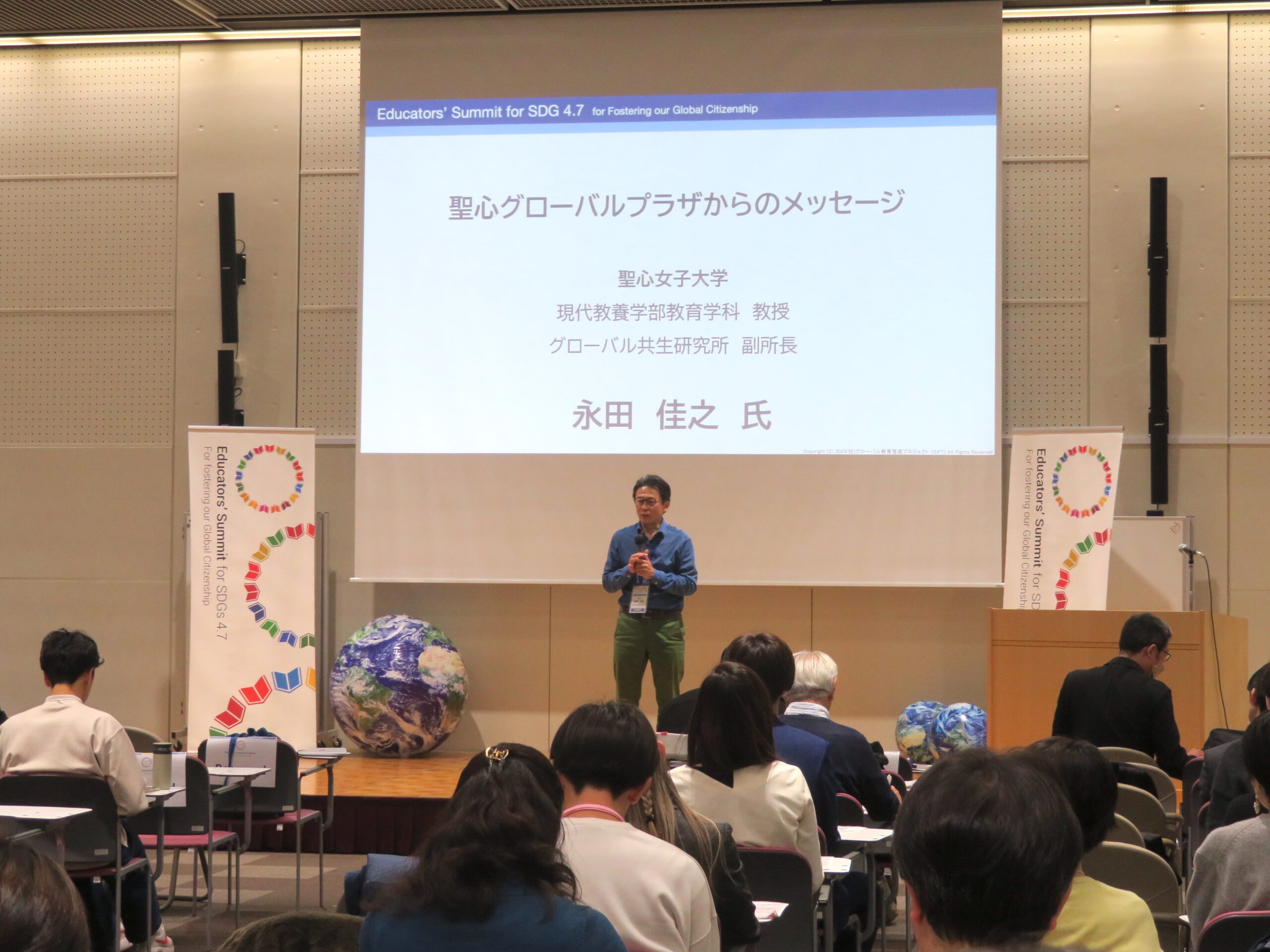
Next, we received greetings from Professor Yoshiyuki Nagata, Deputy Director of Sacred Heart Institute for Sustainable Futures, one of our co-organizers. He introduced the exhibit “BE*hive,” which enables attention to global issues, taking into account its connection to UNESCO’s advocacy of “Learning to Be.” which deepens human existence.
Furthermore, Professor Nagata acknowledged the recently revised 1974 Recommendation as a focal point of the event and delivered the message: “In the face of new challenges such as climate change and pandemics, I hope you will become initiators in creating a better society through education.”Overview of the 1974 Recommendation Revision
Daisuke Kimura
Director-Executive Board and Head of Research, Global Incubation x Fostering Talents (GiFT)Profile

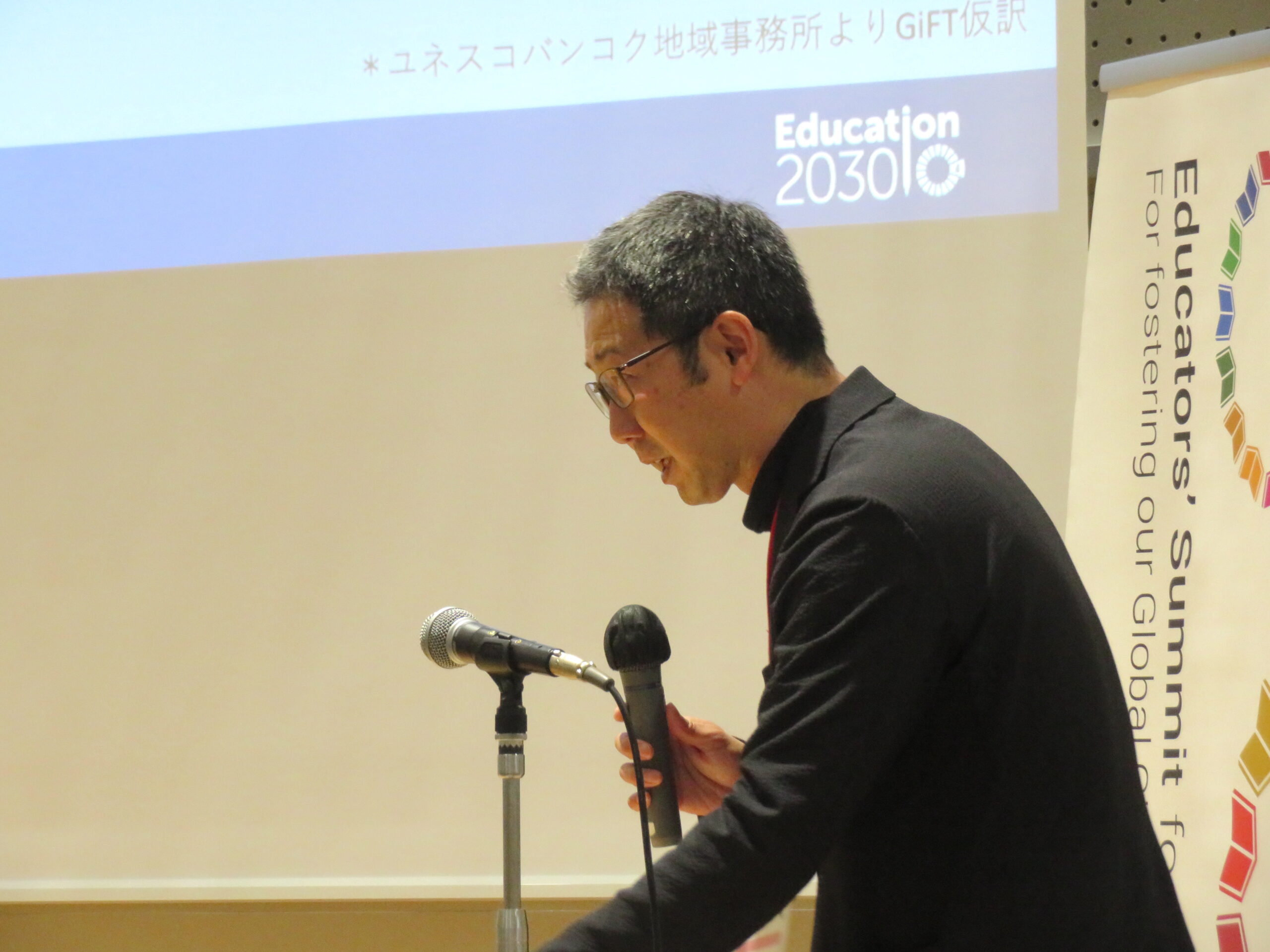
Mr. Kimura provided an overview of 1974 Recommendation revised in November 2023. Firstly, there was a shared understanding starting from the premise of what a “Recommendation” entails and what the 1974 Recommendation was before the revision. Then, he highlighted three changes resulting from the revision:
• the explicit mention of peace and human rights,
• the addition of definitions such as Education for Sustainable Development (ESD), Global Citizenship Education (GCED), and Transformative Education, and
• the emphasis on human rights and fundamental freedoms being more pronounced.
He also introduced newly added concepts, notably emphasizing the necessity of climate change education in the new recommendation, citing Greening Education as an example.Daisuke Kimura
Director-Executive Board and Head of Research, Global Incubation x Fostering Talents (GiFT)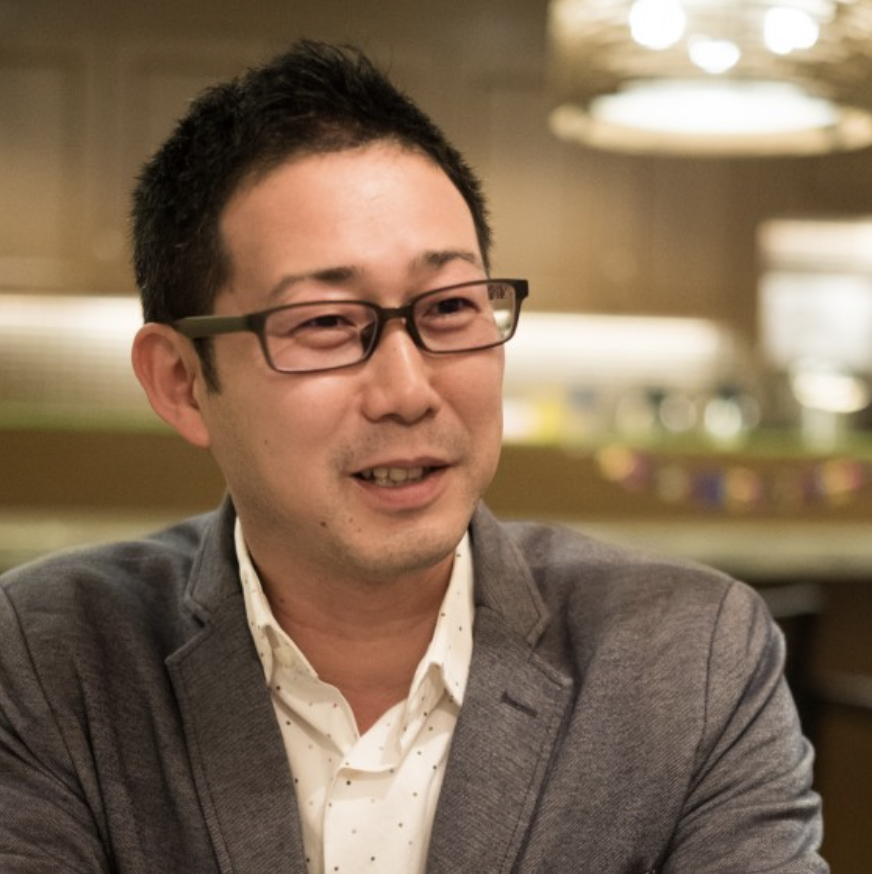 Mr. Kimura serves as Director of Management Board at Global Incubation x Fostering Talents (GiFT) and Adjunct Lecturer at Meiji Gakuin University. His research primarily focused on assessment of the impact of transformative education, such as Global Citizenship Education and Education for Sustainable Development (ESD). He actively contributes to mainstreaming Transformative Education in both policy frameworks and school practices by consultation, designing learning for teachers and students and speaking such as Bett Asia leadership Summit. Mr. Kimura is a co-author of Asia Society’s ‘Advancing 21st Century Competencies in Asian Education systems,’. He holds postgraduate degrees, Diplomacy from University of Oxford and Public Policy specialising development policies from The Australian National University.
Mr. Kimura serves as Director of Management Board at Global Incubation x Fostering Talents (GiFT) and Adjunct Lecturer at Meiji Gakuin University. His research primarily focused on assessment of the impact of transformative education, such as Global Citizenship Education and Education for Sustainable Development (ESD). He actively contributes to mainstreaming Transformative Education in both policy frameworks and school practices by consultation, designing learning for teachers and students and speaking such as Bett Asia leadership Summit. Mr. Kimura is a co-author of Asia Society’s ‘Advancing 21st Century Competencies in Asian Education systems,’. He holds postgraduate degrees, Diplomacy from University of Oxford and Public Policy specialising development policies from The Australian National University.The Future of Education in the Context of the Revision of the 1974 Recommendation
Case 1
・The Development Education and Education for International Understanding Support Project by JICA
Mr. Tomohiro AZEGAMI, Director, Global Plaza Division, Media and Public Relations Department, JICA
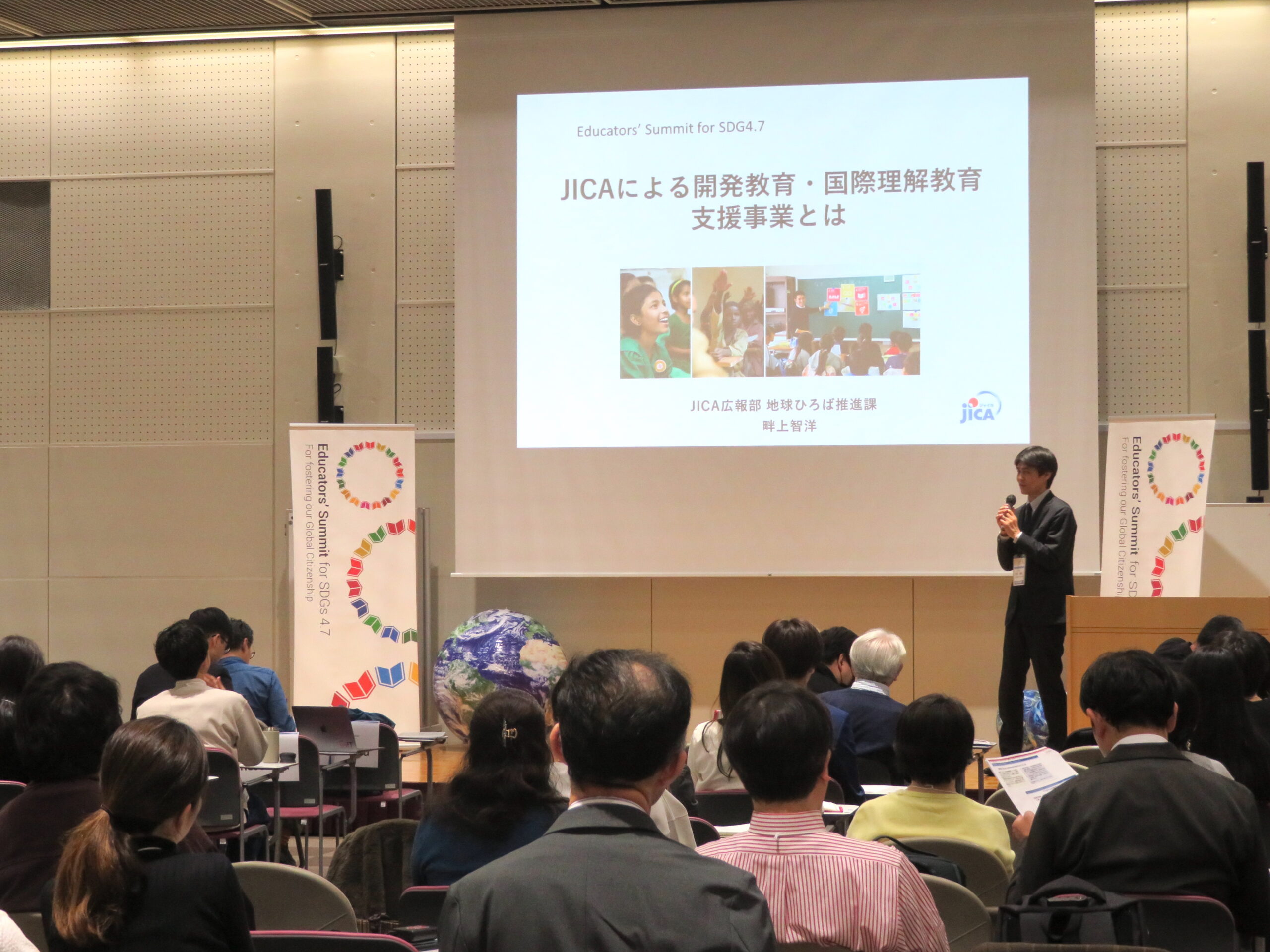
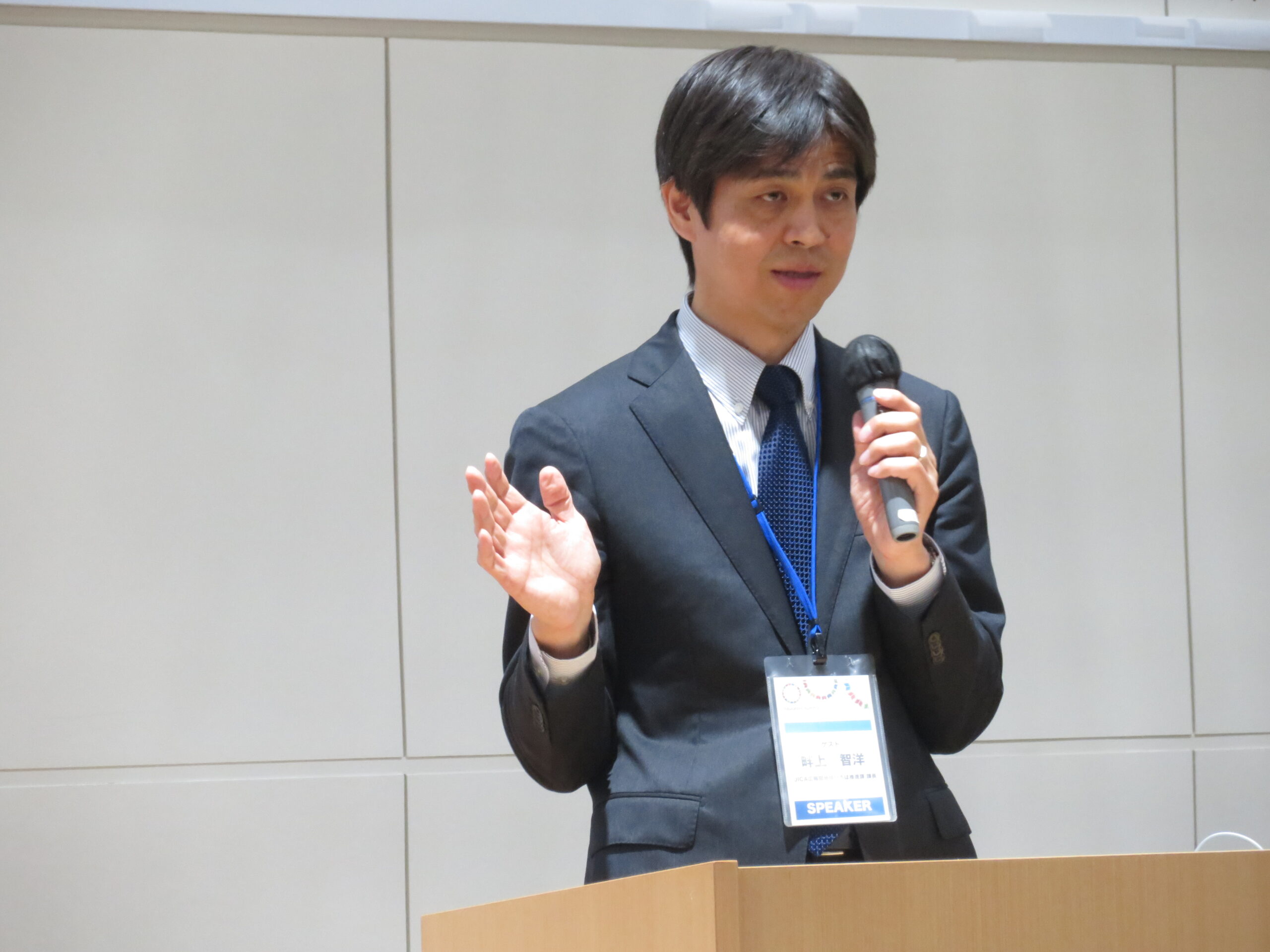
As part of initiatives leading to transformative education, Mr. Azegami introduced JICA’s Development Education support programs with a few examples. He introduced a case of Delivery Lectures (on-site/online), an initiative connecting Japanese elementary school students with JICA Volunteers in Vietnam online, sharing the learning objectives and messages conveyed through this activity. Additionally, he introduced the JICA Global Plaza visit, which provides various experiential learning activities and a recent exhibition on refugees, along with comments from visitors who actually participated.Case 2
・Examples of UNESCO School Initiatives
Ms. Kaori HIRASAWA, Teacher Yokohama Municipal Higashi High School
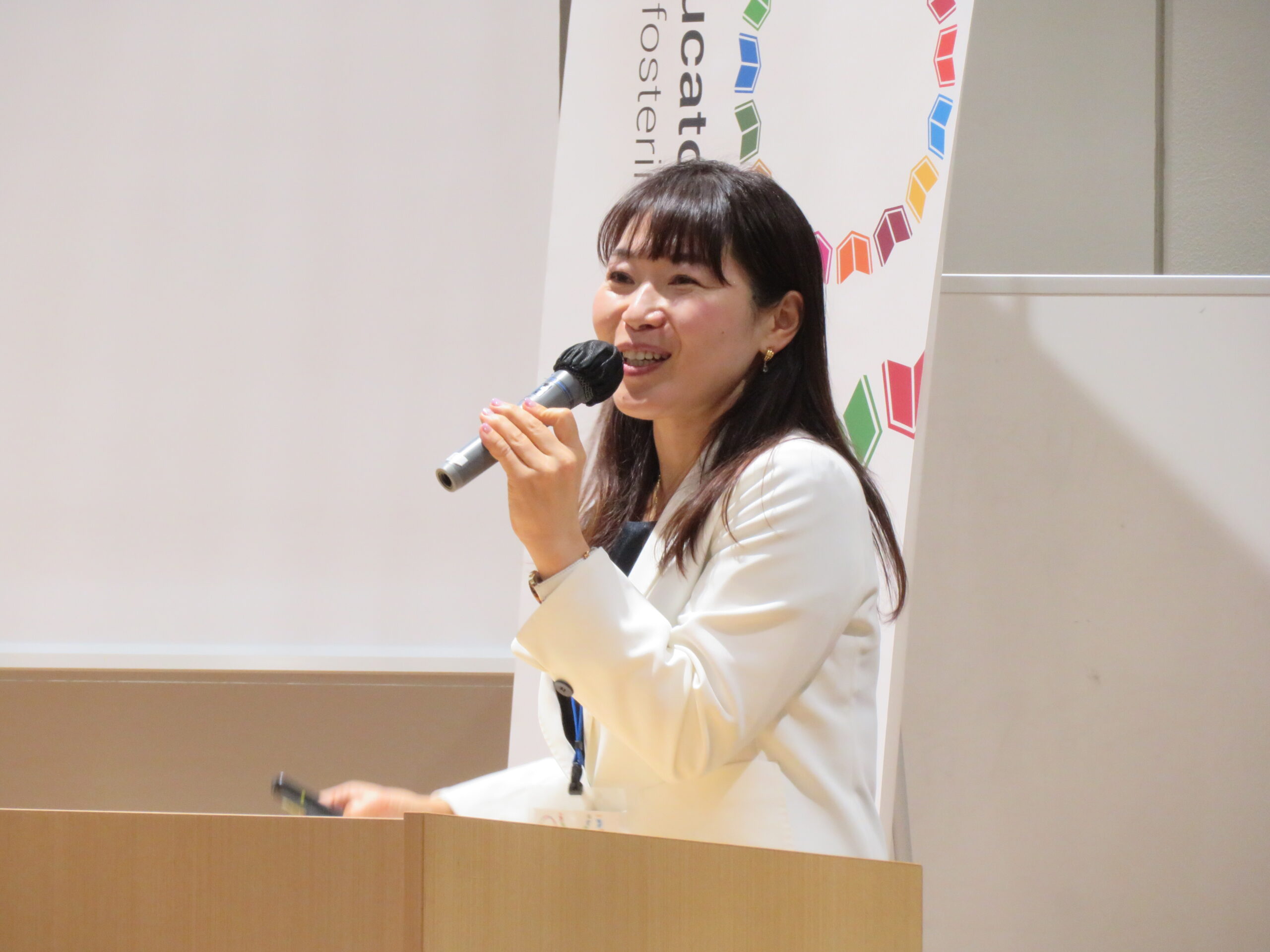
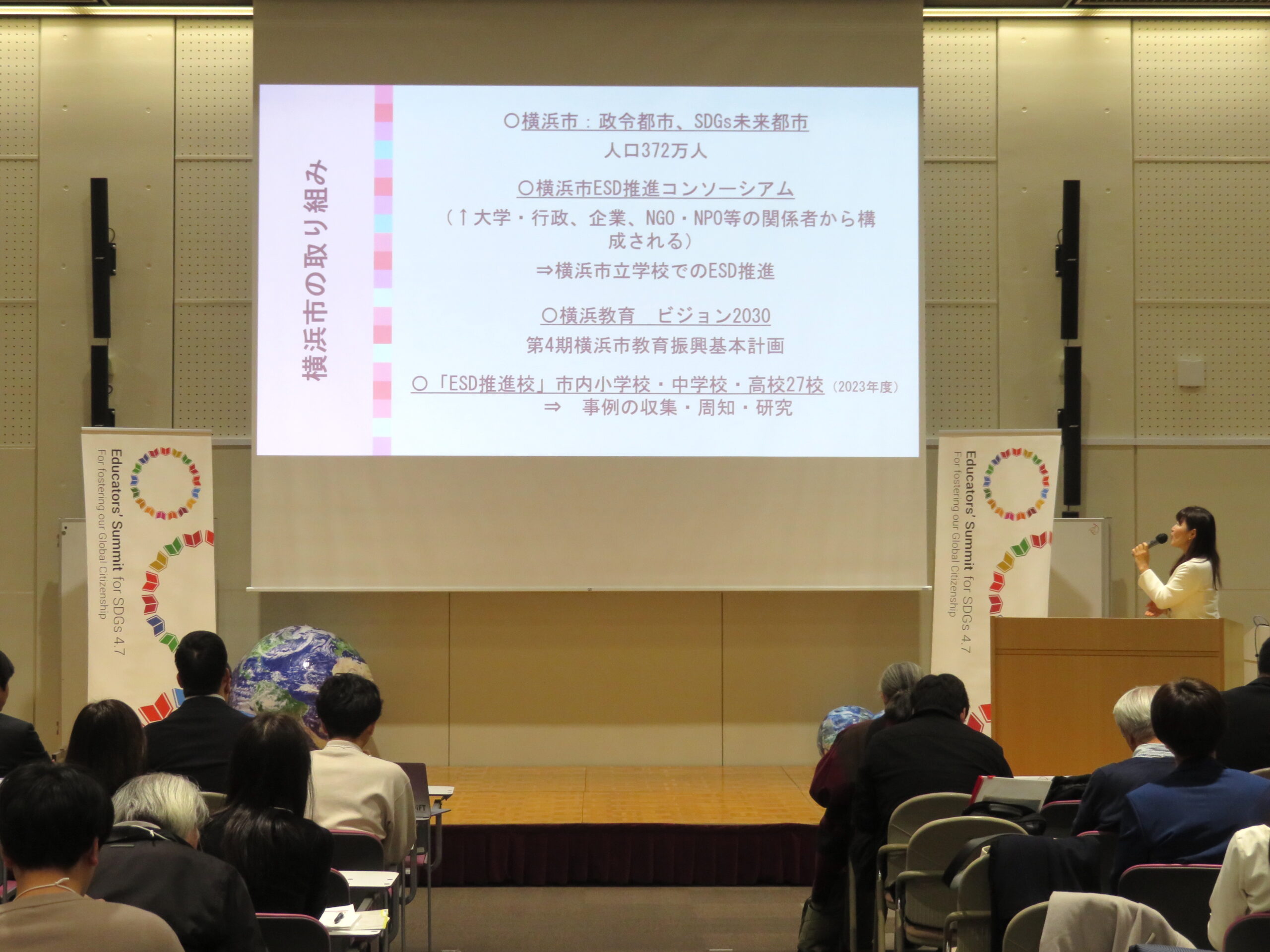
Ms. Hirasawa presented practical examples of initiatives practiced at UNESCO Schools. Regarding international exchanges, she mentioned establishing a sister school partnership with a high school in the United States and planning future exchanges with the Maasai people through this connection. Additionally, she shared examples of Periods for Inquiry-Based Cross-Disciplinary Study in collaboration with corporations and the “Glocal Citizenship Camp Program,” which involves discussions on global issues with international student guests. These initiatives were shared along with the transformation of students observed from each effort. Lastly, she emphasized the importance of dialogue and collaboration: “For teachers, ESD and GCED are not something new; they are connected to what we are already doing.”
Comments from Dr. Faryal Khan, Program Specialist UNESCO Regional Office in BangkokProfile
◆From Dr. Khan
Mr. Azegami shared about the JICA project, proposing initiatives for potential collaboration in line with the revised 1974 recommendation. These include integrating teacher training into the curriculum, developing teaching materials, and conducting research. Regarding Ms. Hirasawa’s example at the UNESCO school, it was noted with admiration that “schools are also changing amidst societal transformations.” Japan has the highest number of UNESCO-associated schools worldwide, and activities such as partnering with other UNESCO schools domestically and internationally were introduced as areas where the revised 1974 recommendation could be applied.Dr. Faryal Khan
Program Specialist UNESCO Regional Office in Bangkok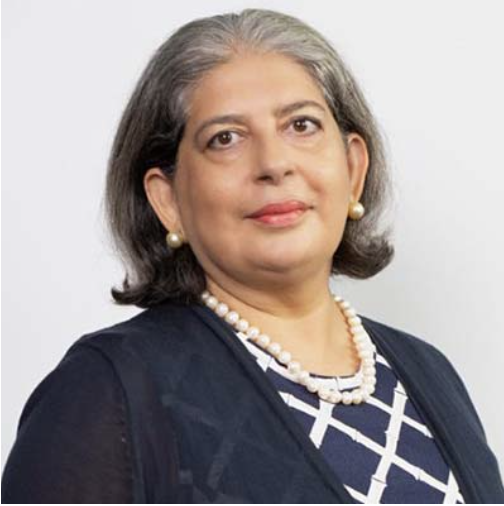 Dr. Faryal Khan is the Programme Specialist for Education at the UNESCO Multisectoral Regional Office in Bangkok, Thailand and leads the Transforming Learning Futures team in Educational Innovations and Skills Development, EISD Section. Her responsibilities include Research and Foresight, Artificial Intelligence, Global Citizenship Education, and Education for Sustainable Development amongst other areas. Dr. Khan earned her doctorate in Educational Administration, Planning, and Social Policy (concentration: International Education) from Harvard University (2005). She has two masters’ degrees in Education: from the University of the Punjab, Lahore, Pakistan (1989), and Harvard’s Graduate School of Education (1995).
Dr. Faryal Khan is the Programme Specialist for Education at the UNESCO Multisectoral Regional Office in Bangkok, Thailand and leads the Transforming Learning Futures team in Educational Innovations and Skills Development, EISD Section. Her responsibilities include Research and Foresight, Artificial Intelligence, Global Citizenship Education, and Education for Sustainable Development amongst other areas. Dr. Khan earned her doctorate in Educational Administration, Planning, and Social Policy (concentration: International Education) from Harvard University (2005). She has two masters’ degrees in Education: from the University of the Punjab, Lahore, Pakistan (1989), and Harvard’s Graduate School of Education (1995).Break
The Future of Education in the Context of the Revision of the 1974 Recommendation
Case 3
・(Online) Initiatives by the Kamakura City Board of Education towards Creating Learning for Children’s Future
Mr. Yohei TAKAHASHI, Superintendent for Education Kamakura CityProfile
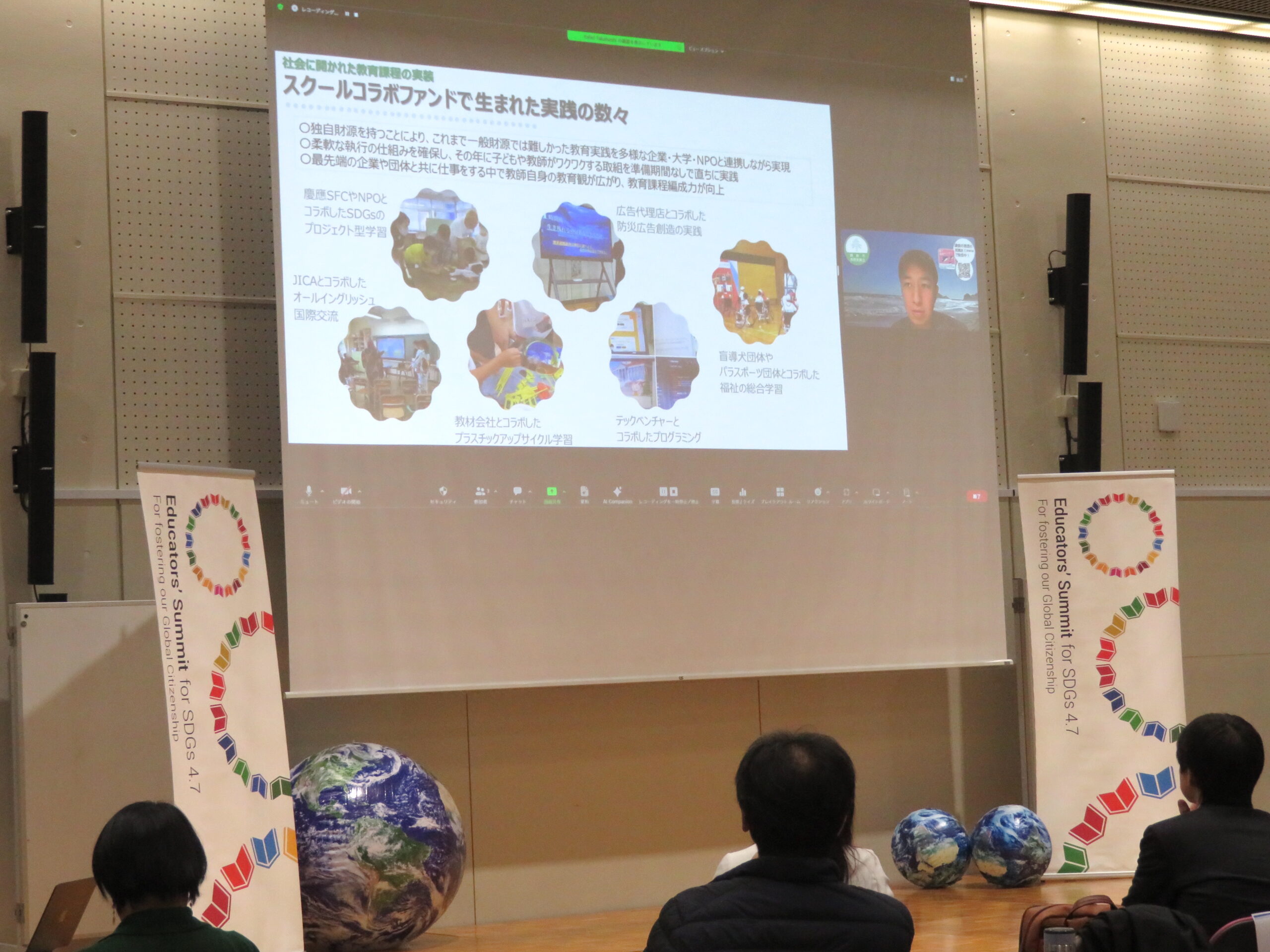
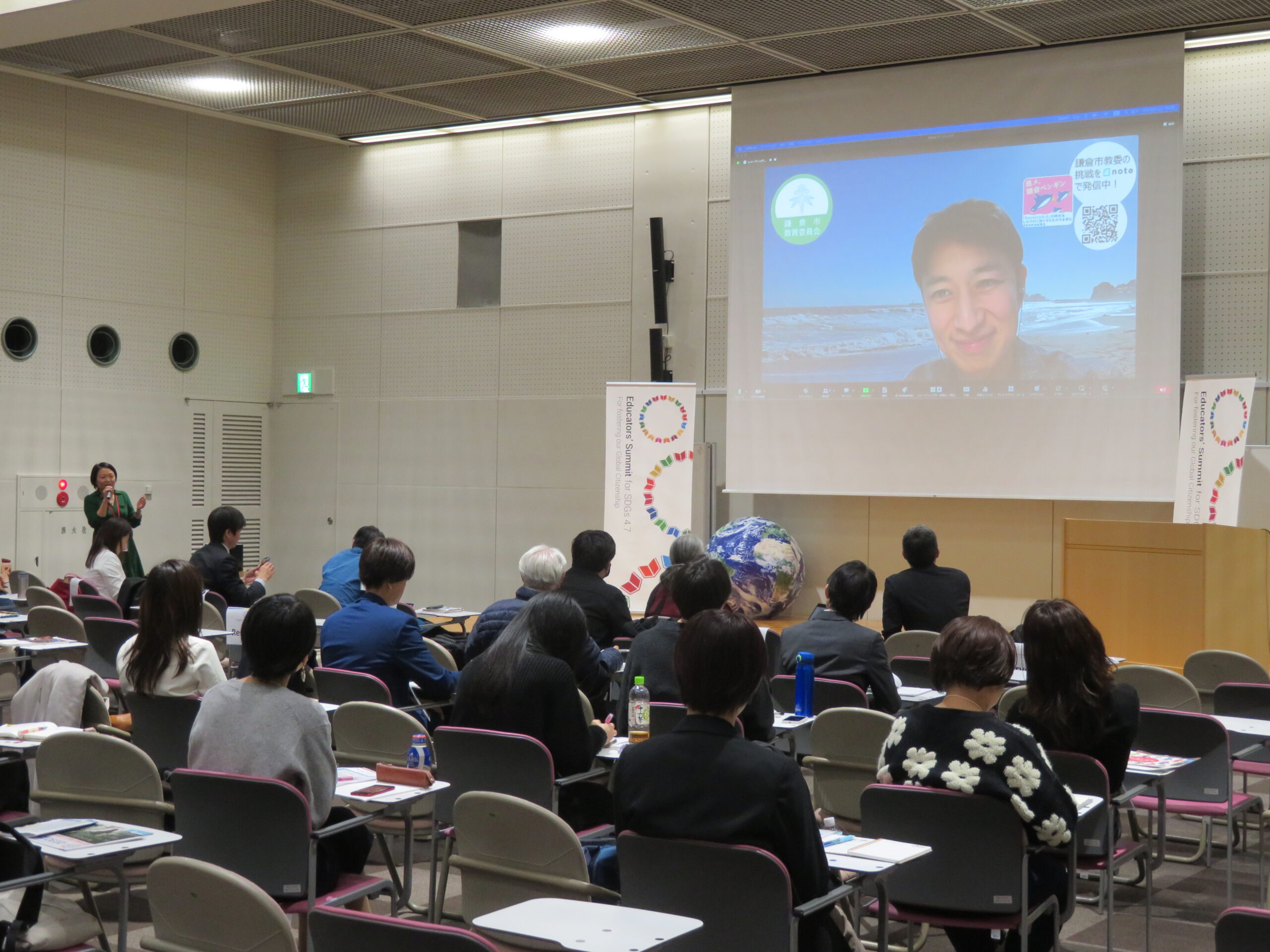
Mr. Takahashi presented initiatives of the Kamakura City Board of Education during an online presentation. He discussed the “Kamakura School Collaboration Fund,” aimed at realizing learning initiatives that schools want to pursue in collaboration with corporations, based on the backcasting idea of the desirable future society. He shared the results of classes and activities from this initiative, highlighting transformations in children’s values regarding their connection with the community, society, and SDGs.・Transformational Education Practices in ‘Diversity Voyage (co-creative experiential study abroad program)’ with Universities
Ms. Madoka Tatsuno, CEO/Founder, Global Incubation x Fostering Talents (GiFT)Profile
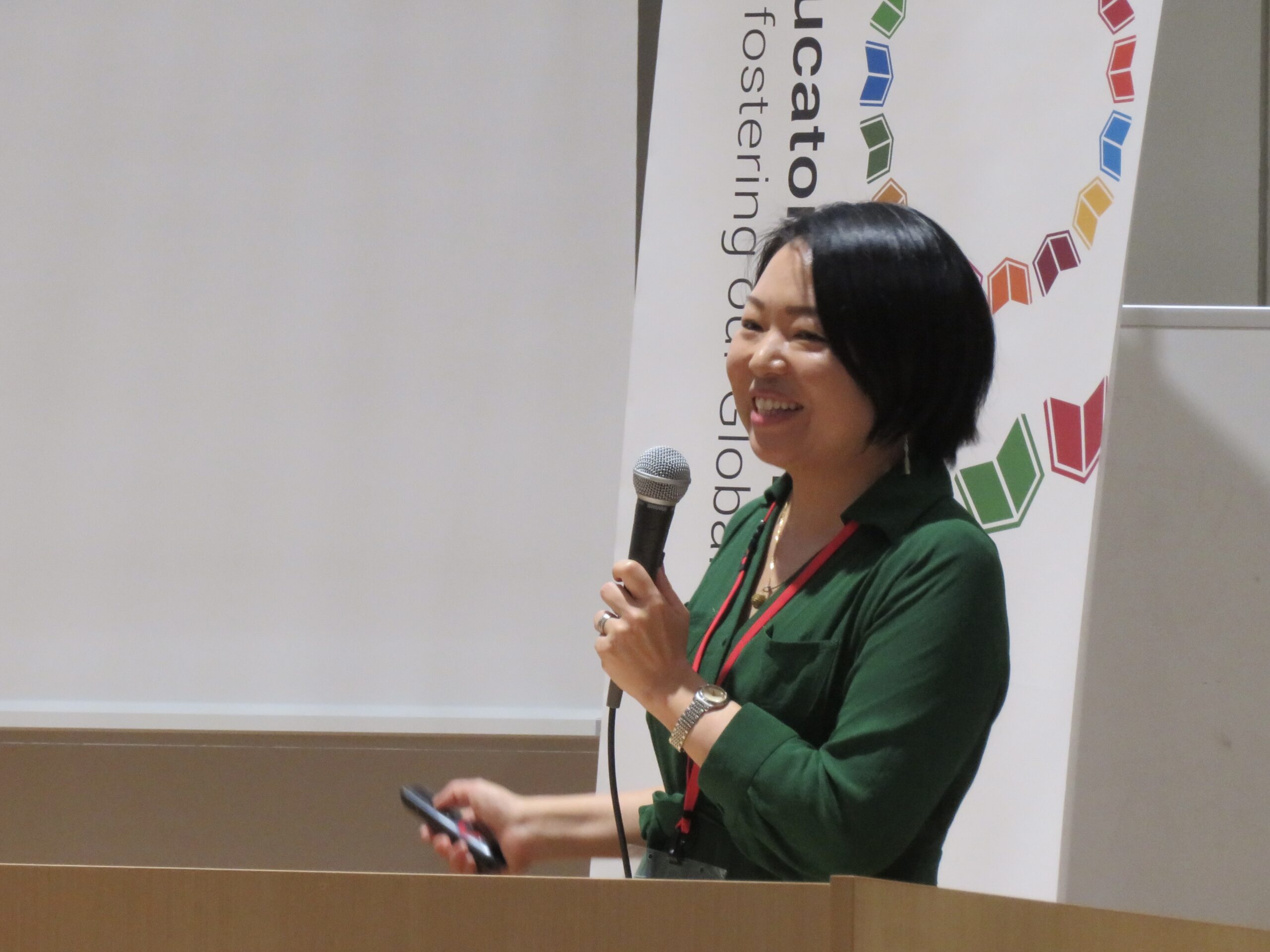
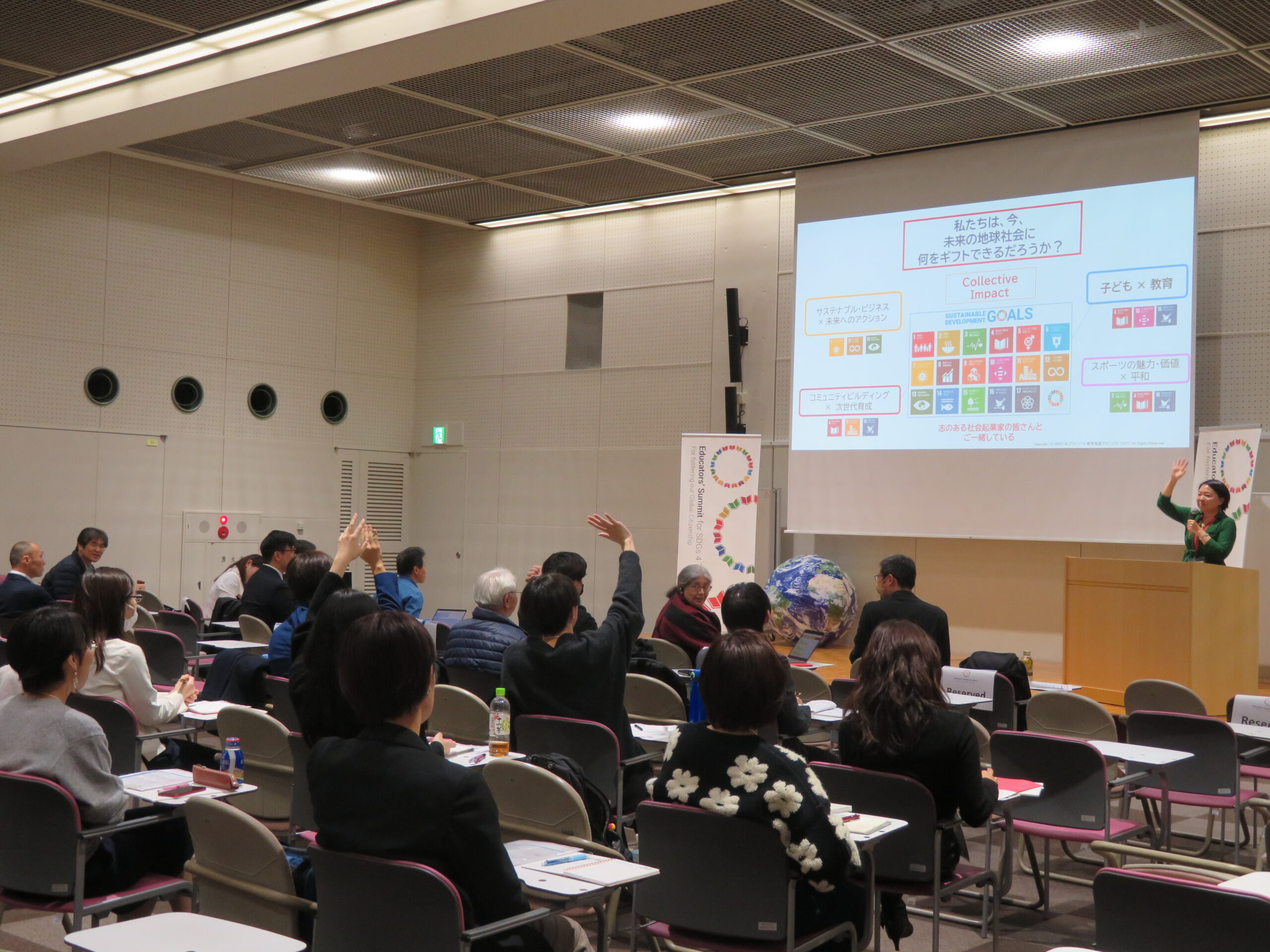
At the conclusion of the case presentations, Ms. Tatsuno spoke about GiFT’s co-creative experiential study abroad program, “Diversity Voyage,” conducted in partnership with universities. She introduced the core principles of Diversity Voyage, such as the Global Citizenship Process and the concept of Regeneration, which have deep connections with the content explicitly stated in the revised 1974 Recommendation. She discussed the program’s themes and content alongside these principles. Furthermore, she shared the importance of creating programs that foster transformation, highlighting the role of “Story-Based Learning,” which fosters empathy and connections with others, and the presence of “GiFT Diversity Facilitators,” who elicit an maximize the potential of participants and accompany them on their learning journey.Yohei Takahashi
Superintendent for Education Kamakura CityTenure of office 2023: (2023) August 1-2026 (2026) July 31
Profile
・The Ministry of Education, Culture, Sports, Science and Technology Elementary and Secondary Education Bureau elementary secondary education Planning Division profession
・The Ministry of Education, Culture, Sports, Science and Technology lifelong learning policy bureau Policy Planning and Evaluation Division educational Reform Promotion Office professional authorities
・The Ministry of Education, Culture, Sports, Science and Technology Elementary and Secondary Education Bureau school digitalization project team assistant manager
・University of California, Berkeley guest researcher
・Fukushima Office of Education Educational General Affairs Division chief and Planning Coordination Department plan adjustment section chief
・Consulting companies educational team managerMadoka Tatsuno
CEO/Founder Global Incubation x Fostering Talents Madoka became aware of the power of global education through an overseas experience when she was 17 years old. She has visited more than 100 cities around the world during her university life and experienced Global Citizenship Education through various programs. After working in a coaching firm, Madoka obtained her Master’s degree in Intercultural Service, Leadership, and Management. She then moved on to implement Global Education programs in diverse places around the world as the Global Education Coordinator at an educational NPO in the United States, working with multi-national teams. Later, she took up a position as Chief Manager of Course Discussions in “The Ship for World Youth Program” organized by the Cabinet Office of Japan. Madoka founded GiFT at the end of 2012, aiming to promote Global Citizenship Education and create new values from diversity. Currently, she provides training sessions, speeches, and other opportunities for Global Citizenship Education, such as overseas training programs in 10 different countries for secondary schools, universities, and enterprises, as well as teacher training with JICA (Japan International Cooperation Agency).
Madoka became aware of the power of global education through an overseas experience when she was 17 years old. She has visited more than 100 cities around the world during her university life and experienced Global Citizenship Education through various programs. After working in a coaching firm, Madoka obtained her Master’s degree in Intercultural Service, Leadership, and Management. She then moved on to implement Global Education programs in diverse places around the world as the Global Education Coordinator at an educational NPO in the United States, working with multi-national teams. Later, she took up a position as Chief Manager of Course Discussions in “The Ship for World Youth Program” organized by the Cabinet Office of Japan. Madoka founded GiFT at the end of 2012, aiming to promote Global Citizenship Education and create new values from diversity. Currently, she provides training sessions, speeches, and other opportunities for Global Citizenship Education, such as overseas training programs in 10 different countries for secondary schools, universities, and enterprises, as well as teacher training with JICA (Japan International Cooperation Agency).
2016 – Present: Affiliated Professor, Faculty of Food and Nutritional Sciences, Toyo University
2015 – 2019: Committee member of ESD Roundtable
-
-
“Revision of the 1974 Recommendation and the Potential for the Future of Education”
(Keynote Address by Dr. Khan explored the potential of the future of education with the revision of the 1974 Recommendation.)
Special Guest: Dr. Faryal Khan Program Specialist, UNESCO Regional Office in BangkokProfile
Moderator (interpreter): Mr. Daisuke KIMURA, Director-Executive Board and Head of Research, Global Incubation x Fostering Talents (GiFT) Profile
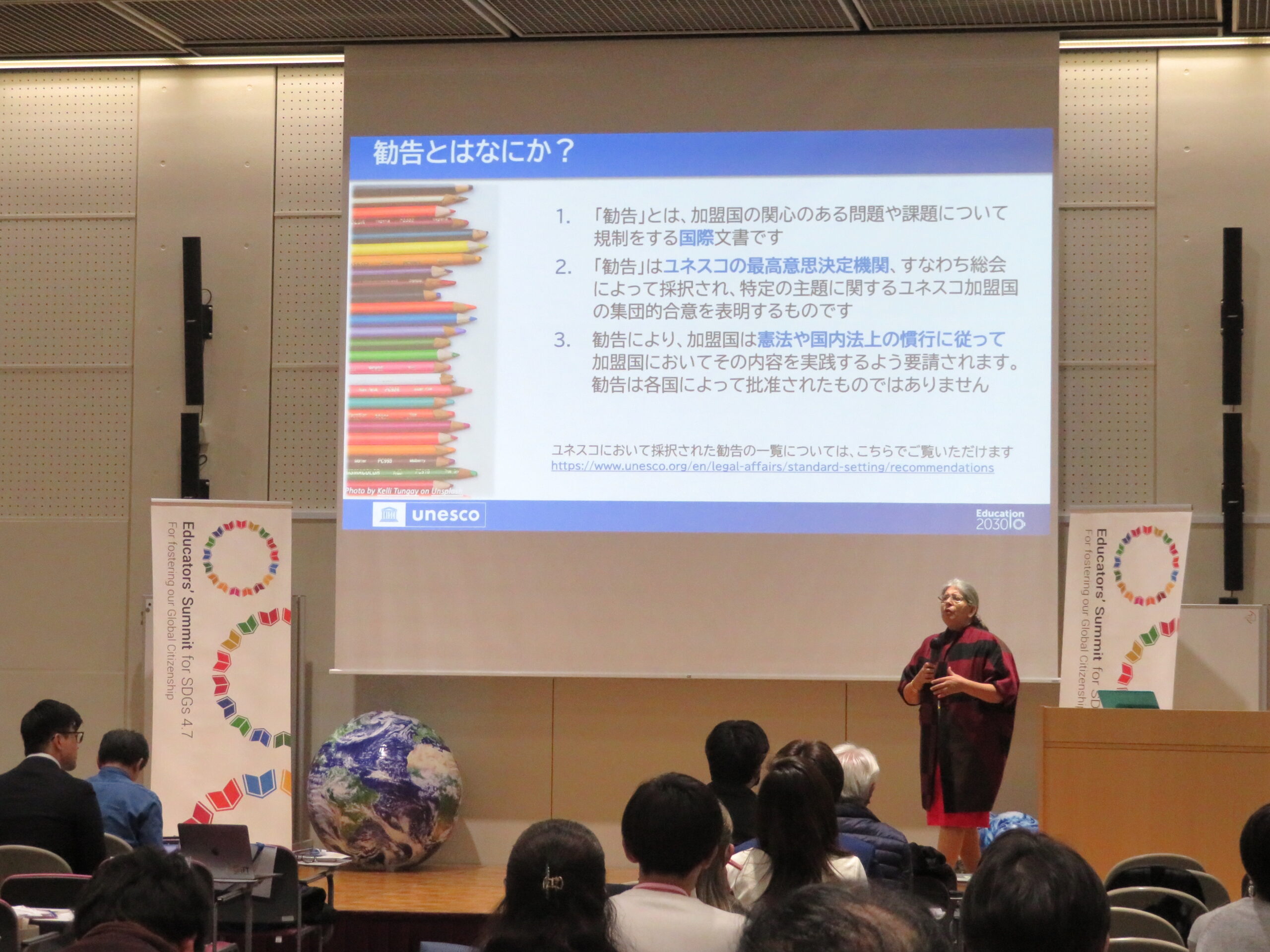
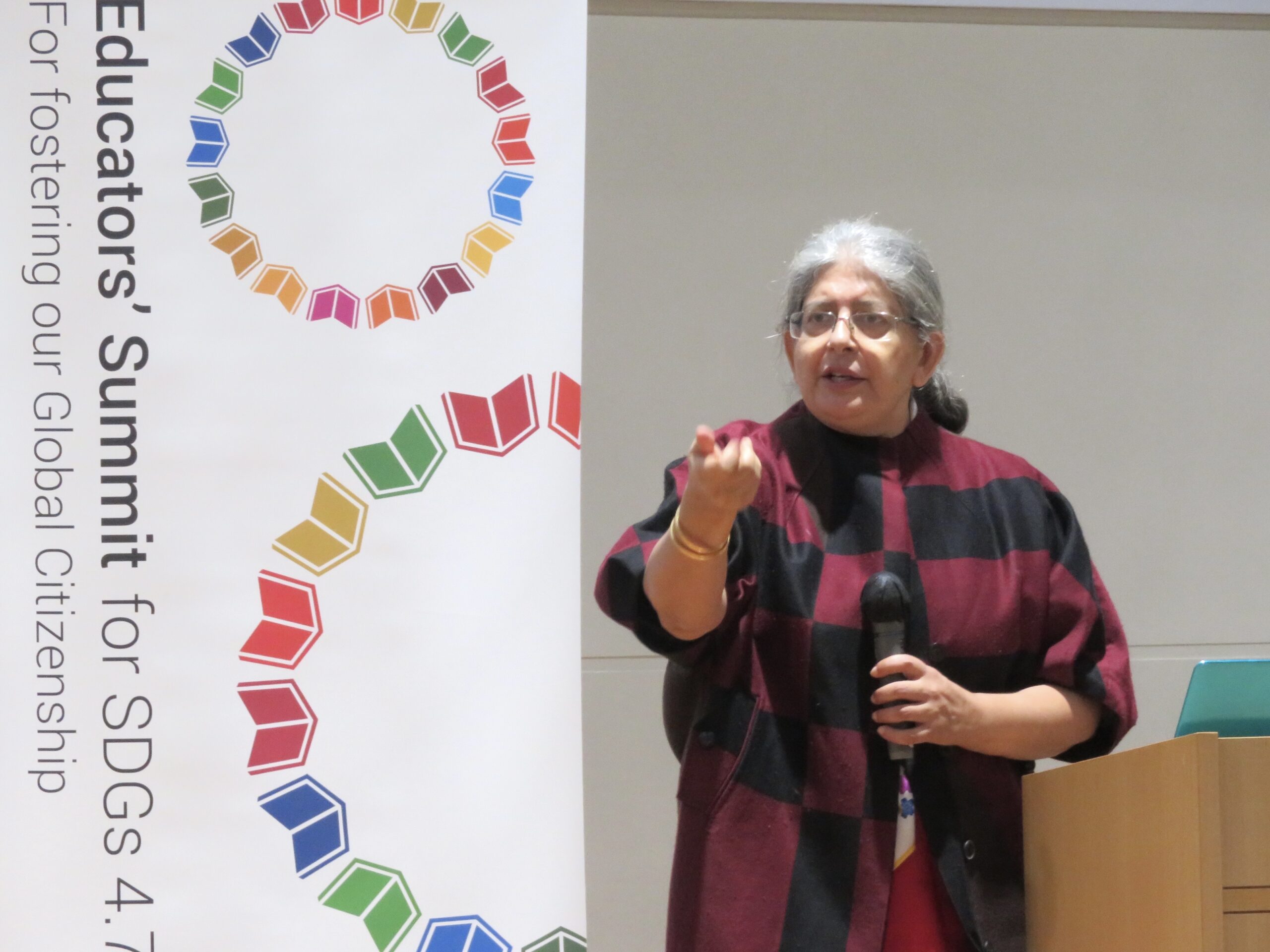
In light of the preceding case presentations, Dr. Faryal Khan provided detailed insights into the revised 1974 Recommendation during this keynote session. Despite the recent revision, Dr. Khan prepared a wealth of accessible materials specifically for this day. She shared insights into the background of the revision, fundamental principles and roles of transformative education, specific learning objectives, and highlighted key points and characteristics of the revised recommendation that encourage change.“The revised 1974 Recommendation serves as a roadmap for everyone, addressing challenges such as politics, climate change, and widening inequalities. It serves as an initiative in education towards creating an equal, just, and sustainable society, as indicated in SDG 4.7.”
Furthermore, Dr. Khan elaborated on concrete examples of utilizing the revised recommendation in the future and provided detailed purposes for its application in various educational contexts. She encouraged action by acknowledging that some individuals in the audience are already engaged in such efforts. Lastly, she conveyed the empowering message that while recommendations may seem challenging, how they are utilized and implemented is ultimately up to individuals’ choices and actions.
Dr. Faryal Khan
Program Specialist UNESCO Regional Office in Bangkok Dr. Faryal Khan is the Programme Specialist for Education at the UNESCO Multisectoral Regional Office in Bangkok, Thailand and leads the Transforming Learning Futures team in Educational Innovations and Skills Development, EISD Section. Her responsibilities include Research and Foresight, Artificial Intelligence, Global Citizenship Education, and Education for Sustainable Development amongst other areas. Dr. Khan earned her doctorate in Educational Administration, Planning, and Social Policy (concentration: International Education) from Harvard University (2005). She has two masters’ degrees in Education: from the University of the Punjab, Lahore, Pakistan (1989), and Harvard’s Graduate School of Education (1995).
Dr. Faryal Khan is the Programme Specialist for Education at the UNESCO Multisectoral Regional Office in Bangkok, Thailand and leads the Transforming Learning Futures team in Educational Innovations and Skills Development, EISD Section. Her responsibilities include Research and Foresight, Artificial Intelligence, Global Citizenship Education, and Education for Sustainable Development amongst other areas. Dr. Khan earned her doctorate in Educational Administration, Planning, and Social Policy (concentration: International Education) from Harvard University (2005). She has two masters’ degrees in Education: from the University of the Punjab, Lahore, Pakistan (1989), and Harvard’s Graduate School of Education (1995).Moderator: Mr. Daisuke Kimura Director-Executive Board and Head of Research, Global Incubation x Fostering Talents (GiFT)Profile
Daisuke Kimura
Director-Executive Board and Head of Research, Global Incubation x Fostering Talents (GiFT) Mr. Kimura serves as Director of Management Board at Global Incubation x Fostering Talents (GiFT) and Adjunct Lecturer at Meiji Gakuin University. His research primarily focused on assessment of the impact of transformative education, such as Global Citizenship Education and Education for Sustainable Development (ESD). He actively contributes to mainstreaming Transformative Education in both policy frameworks and school practices by consultation, designing learning for teachers and students and speaking such as Bett Asia leadership Summit. Mr. Kimura is a co-author of Asia Society’s ‘Advancing 21st Century Competencies in Asian Education systems,’. He holds postgraduate degrees, Diplomacy from University of Oxford and Public Policy specialising development policies from The Australian National University.
Mr. Kimura serves as Director of Management Board at Global Incubation x Fostering Talents (GiFT) and Adjunct Lecturer at Meiji Gakuin University. His research primarily focused on assessment of the impact of transformative education, such as Global Citizenship Education and Education for Sustainable Development (ESD). He actively contributes to mainstreaming Transformative Education in both policy frameworks and school practices by consultation, designing learning for teachers and students and speaking such as Bett Asia leadership Summit. Mr. Kimura is a co-author of Asia Society’s ‘Advancing 21st Century Competencies in Asian Education systems,’. He holds postgraduate degrees, Diplomacy from University of Oxford and Public Policy specialising development policies from The Australian National University. -
Break
-
Reflection Workshop: GiFT to the Future & Co-Creation
Facilitated by Ms. Tatsuno, CEO/Founder of GiFT, we conducted a reflection on the entire event. Participants were divided into small groups to discuss ”learning and feelings brought by the event,” “things I wish to continue,” and ”things I wish to start a new.” Although time was limited, several individuals shared insights and learning experiences with the whole group.
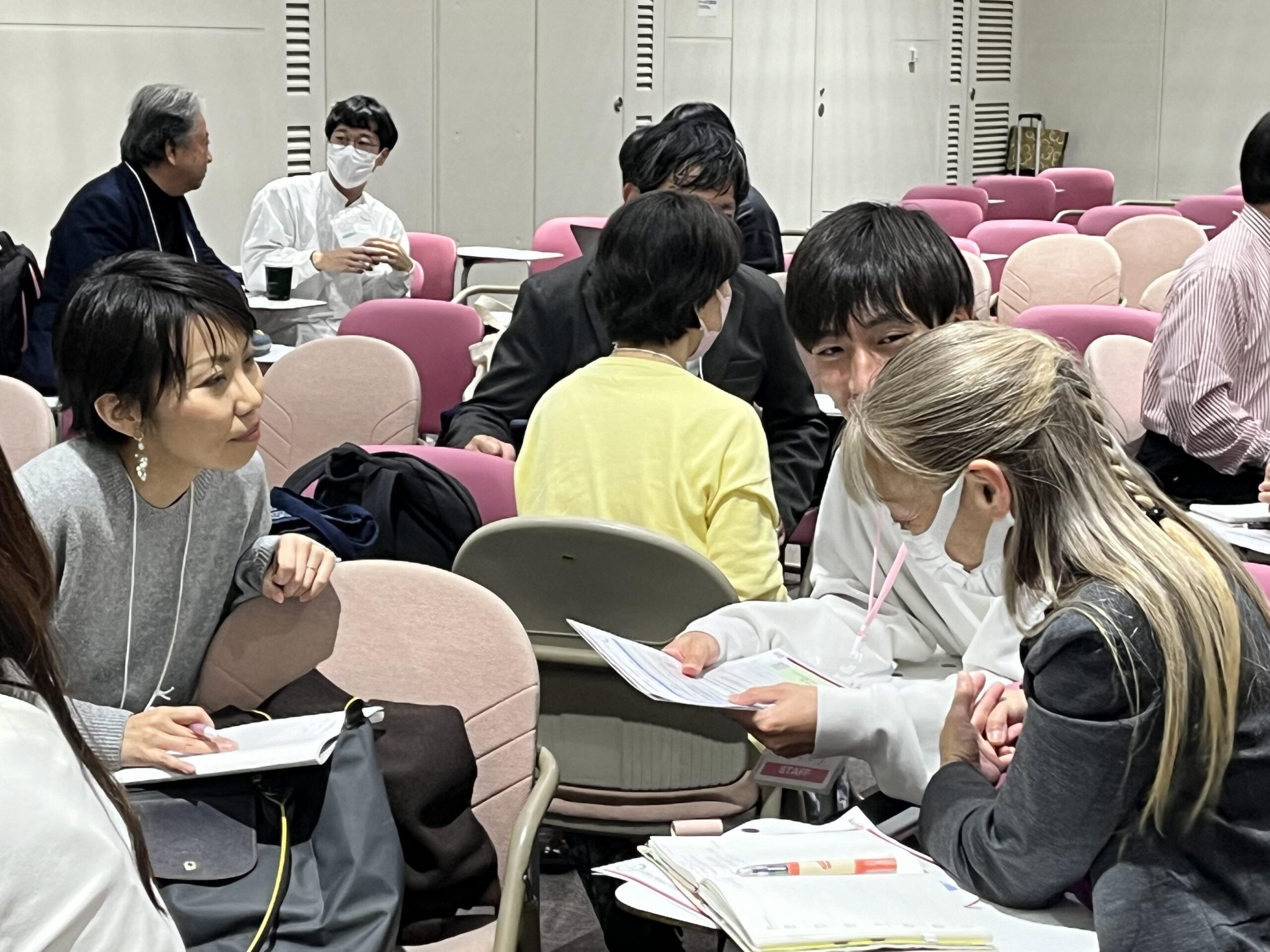
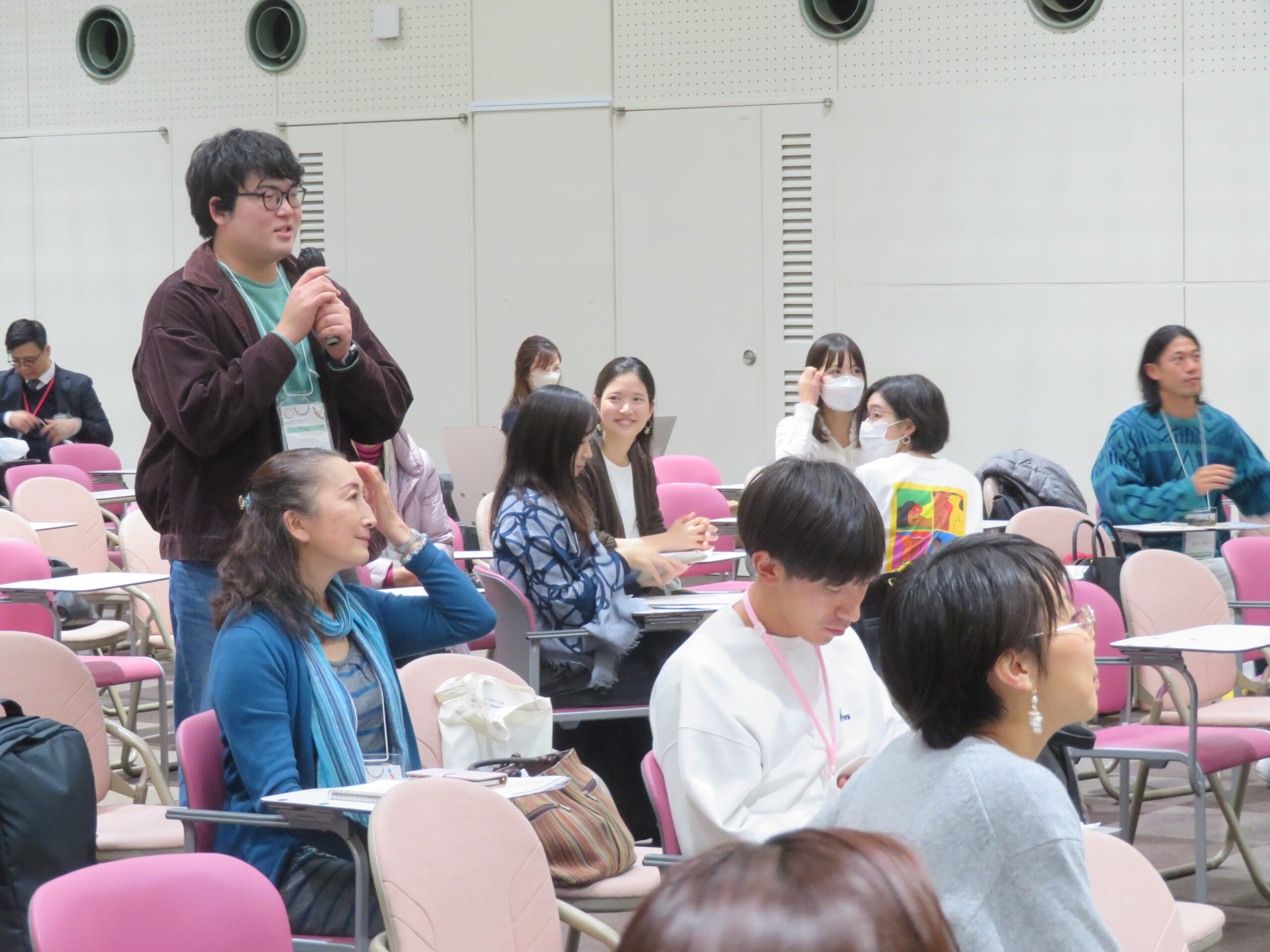
“From my perspective as a student, considering SDG 4.7 and the 1974 recommendation, I believe that no matter how much educators think about mechanisms and initiatives, it’s crucial for the learners to understand and embrace them. I think that by expanding the community and gradually grasping what can be received from it, each aspect contributes to the core of SDG 4.7. If learners also cherish each day and their learning experiences, I feel that society will continue to evolve.”
“As a worker, I’ve been pursuing a teaching career and will start working as a teacher from the next academic year. Until now, I’ve been excited about becoming a teacher and had various ideas and projects I wanted to try. However, after hearing today’s discussion, what really resonated with me was the importance of connecting with myself and my students through dialogue. I want to take that as my starting point and do my best.” -
Closing remarks
At this year’s Educators’ Summit for SDG4.7, we collectively explored the potential future of education, drawing inspiration from various examples under the theme of the recently revised 1974 Recommendation in November 2023. Together with everyone who participated with passionate aspirations and dedication to education, we hope we can continue to progress towards a better future society.
We extend our heartfelt gratitude from all of us at GiFT for those who participated in the event.
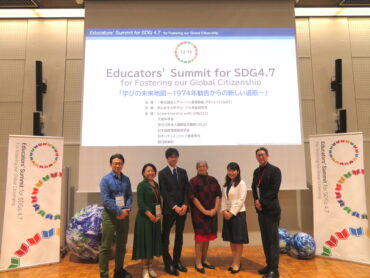
With guests/speakers
-
-18:00
Closing
-
Voice
Participants’ Comment
-
I didn’t have knowledge about the 1974 Recommendation and SDG4.7, so it was good to learn about them. Although I understood them in my head, I wasn’t consciously aware of them in my actual work and other situations. After listening to the case studies, I thought there might be something I could do, even if it’s just a little. (Company employee)
-
I felt the empowering force of the 1974 Recommendation’s revision and its contents. It was also great to have new encounters and connections formed through icebreakers and discussions. (Educator)
-
I realized that transformative education is needed. I had a gut feeling that it’s important for school education not only to acquire knowledge but also to develop the will. This event helped for me to reinforce that gut feeling. (Educator)
-
While I had general policies and an envisioned goal, I believed that the most courageous part lies in continuously translating them into specific actions. However, the specific initiatives and efforts introduced were very inspiring and provided me with much stimulation. (Company employee)
-
I felt that making SDGs initiatives impactful is not easy. However, through the model cases presented, I was able to gain a lot of knowledge that I can apply in the future. I found the revision of the recommendation challenging to understand in text, but the message that “how to implement it depends on us” was quite impactful. (Student)
Outline
Program Outline
| Time & Date | 14:00-17:30 on Saturday, 16th December 2023 |
|---|---|
| Venue |
Britt Memorial Hall at Sacred Heart Institute for Sustainable Futures (SHISF) University of the Sacred Heart, |
| Organizer | Global Incubation x Fostering Talents (GiFT)
2F, MG Meguro Ekimae Building, 2-15-19 Kamiosaki, Shinagawa-ku, Tokyo, 141-0021 JAPAN |
| Co-organizer | Sacred Heart Institute for Sustainable Futures (SHISF) |
| Sponsorship |
Ministry of Education |
